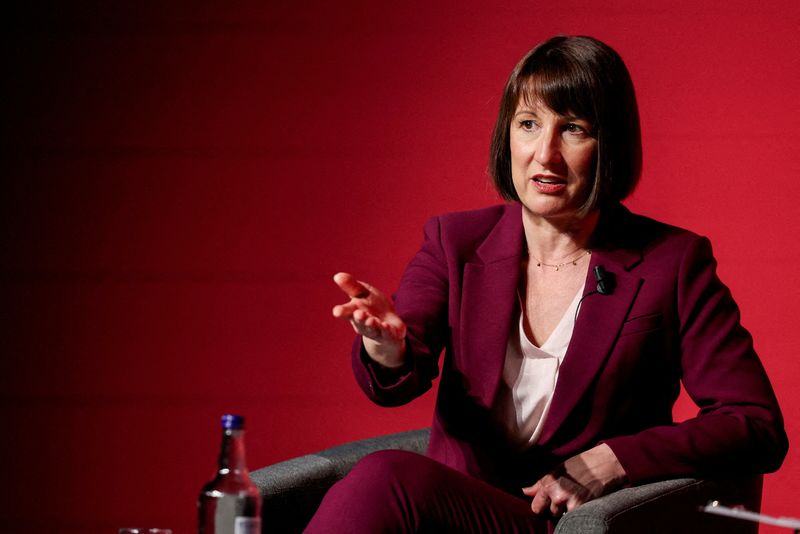Invezz.com - The UK’s national minimum wage is expected to rise by up to 6% next year, giving a significant pay increase to over 1 million low-paid workers, according to a report by The Guardian.
Shadow Chancellor Rachel Reeves is anticipated to formally announce the hike in the Budget on Wednesday, which will surpass inflation and exceed recent forecasts.
In line with the government’s long-term goal to “raise the floor” on wages, the new rate will bring the national living wage for workers aged 21 and over to £11.44 an hour, potentially rising to more than £12.12 shortly.
“Millions of low earners are set for good news in the budget when the chancellor announces the latest rise in the minimum wage,” said Nye Cominetti, principal economist at the Resolution Foundation in the report.
Cominetti also noted the potential implications of an expected increase in employer national insurance contributions, adding, “Some businesses will legitimately say that their wage costs have gone up quite a bit as a result of this budget.”
Youth wage equality under consideration
The upcoming wage increase may also bring younger workers closer to parity with their older counterparts.
Ministers have expressed support for eventually extending the national living wage to 18- to 20-year-olds, a move that could address wage gaps based on age, a recommendation recently reported in the Times.
This new minimum wage policy builds on Conservative targets for raising low wages, as the national living wage must not fall below two-thirds of median earnings.
This threshold set a decade ago, has driven above-inflation increases, resulting in this year’s projected rise of up to 6%.
Businesses raise concerns over rising employer costs
While the wage increase will benefit low-income workers, businesses are raising concerns over the additional costs they may face.
A hike in national insurance contributions is expected to accompany the wage rise, which could put pressure on employers already dealing with inflationary expenses.
Tina McKenzie of the Federation of Small Businesses cautioned,
It is businesses that pay people’s wages, plus all the tax the government charges on top, which must be factored in when deciding on the living wage rate.
Increase in wages likely to benefit local economies
Supporters of the wage hike believe the increase will benefit not only workers but also local economies, as low-paid workers often spend additional income locally.
Paul Nowak, general secretary of the TUC, highlighted this potential ripple effect, stating, “At a time when the cost of living is still very high, the lowest paid would really benefit from a decent increase in the minimum wage. We know that low-paid workers spend more of their cash in their local economies. So any increase in their spending power will benefit local firms too.”
Nowak dismissed concerns about job loss tied to wage increases, asserting, “Every time the minimum wage goes up, there are some voices who predict this will drive up unemployment. Every time they are wrong.”
A Treasury spokesperson, however, declined to comment on the proposed changes, stating, “We do not comment on speculation around spending decisions or tax changes outside fiscal events.”
As the UK gears up for this potential wage adjustment, both employees and business owners are watching closely to see how these policies will shape the economy in the year ahead.
